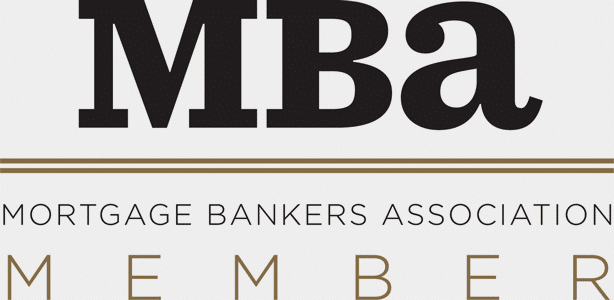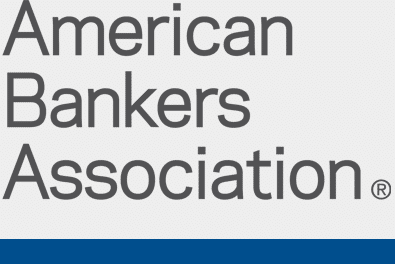A Recent Decision by the Supreme Court of Vermont May Change the Way “Conditions Attached” Affects Status of Payment

According to a decision by the Supreme Court of Vermont, payment of retainage with conditions attached is the same thing as not paying a bill at all. This may be an issue for fund control companies as their contractors are not paid or do not pay their bills in full. Keep reading to learn more about this decision and the thinking behind it.
The Background of the Case
The case was J&K Tile Company v. Wright & Morrisey, Inc. The Court held that a contractor’s payment of retainage to their subcontract violated the Prompt Pay Act of Vermont. The issue in question was one in which the parties’ sperate agreement in which the contractor agreed to pay the subcontract for delay damages if they were beyond the reasonable control of the subcontract. As a result, when the subcontract was delayed, they submitted a claim for $4,200 for the 21 days the delay lasted. The contractor wrote a letter to the subcontractor in which they refused to pay the claim.
In that letter, the contractor agreed to release the retainage payment pending receipt of a Waiver of Lien. Once it was received, they said the payment issued would be payment in full of the current amount. The contractor then sent the subcontractor the retainage check – despite the fact that the subcontractor did not sign the waiver of lien.
The Subcontractor’s Response
The subcontractor responded by not cashing the retainage check and sending their own letter to the contractor. They expressed reluctance to cash the check until the contractor agreed that cashing the check was not a waiver or an accord with the dispute. In short, they did not want cashing the check to be taken as an agreement that they had been paid in full.
When the contractor did not reply for two months the subcontractor sent an additional letter informing the contractor that they were wrongfully withholding payment according to the Vermont Prompt Pay Act. The contractor did finally respond and say that cashing the check would not be taken as an agreement not to prosecute their claim. The subcontractor was then finally able to cash their retainage check.
The Court’s Position
When the case got to the state Supreme Court, said court found that the general contractor was indeed in violation of the Prompt Pay Act by insisting that the cashing of the check would be an agreement of accord and satisfaction with payment. The general contractor cured that violation by confirming that they took this belief back. However, the subcontractor was awarded interest for the four months they were not paid.
Will this affect the way your company does business? How will this ruling in Vermont affect rulings in the rest of the world? These are hard questions to answer. If you need help remaining complaint with all changing regulations, consider the latest software that can help you do just that.





Recent Comments